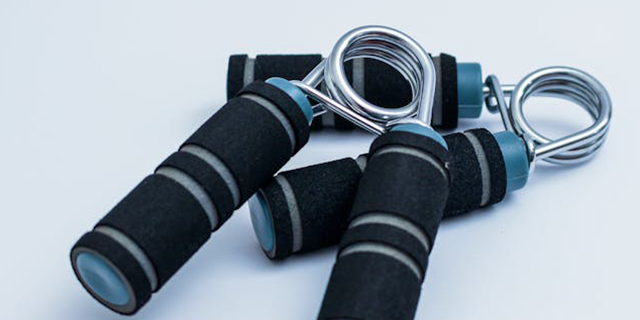
What is Store Fitness Equipment?
Store fitness equipment refers to a wide range of exercise machines, tools, and accessories available for purchase in retail outlets or online platforms. This category encompasses everything from large machines like treadmills, stationary bikes, and weightlifting equipment to smaller items such as resistance bands, dumbbells, yoga mats, and foam rollers. Store fitness equipment is designed to cater to various fitness levels and goals, making it accessible for both beginners and seasoned athletes. The availability of such equipment allows individuals to create personalized workout spaces at home or enhance their training routines, promoting a healthier lifestyle. **Brief Answer:** Store fitness equipment includes various exercise machines and accessories sold in retail or online, catering to different fitness levels and goals for personal workouts.
What is Store Fitness Equipment?
Store fitness equipment refers to a wide range of exercise machines, tools, and accessories available for purchase in retail outlets or online platforms. This category encompasses everything from large machines like treadmills, stationary bikes, and weightlifting equipment to smaller items such as resistance bands, dumbbells, yoga mats, and foam rollers. Store fitness equipment is designed to cater to various fitness levels and goals, making it accessible for both beginners and seasoned athletes. The availability of such equipment allows individuals to create personalized workout spaces at home or enhance their training routines, promoting a healthier lifestyle. **Brief Answer:** Store fitness equipment includes various exercise machines and accessories sold in retail or online, catering to different fitness levels and goals for personal workouts.
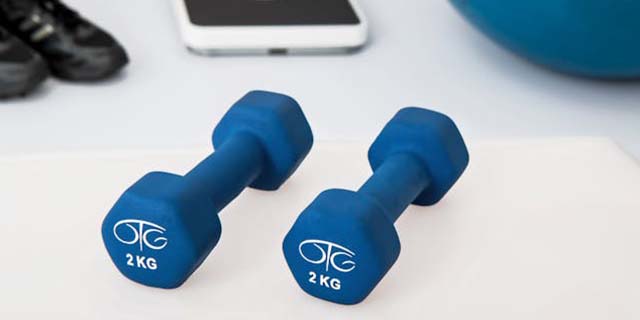
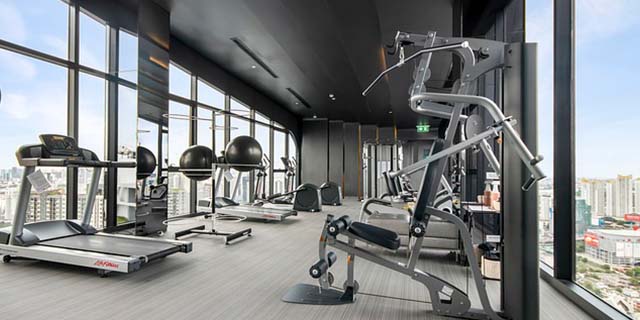
Example of Store Fitness Equipment?
When considering examples of store fitness equipment, one can find a diverse range of items designed to cater to various workout needs and preferences. Common examples include treadmills, stationary bikes, elliptical machines, free weights like dumbbells and kettlebells, resistance bands, and yoga mats. Specialty stores may also offer more advanced equipment such as rowing machines, power racks, and multi-gym systems, which allow for a comprehensive strength training experience. Additionally, accessories like foam rollers, medicine balls, and stability balls are popular choices for enhancing workouts and improving flexibility and balance. **Brief Answer:** Examples of store fitness equipment include treadmills, stationary bikes, free weights, resistance bands, and yoga mats.
How to select Store Fitness Equipment?
When selecting store fitness equipment, it's essential to consider several key factors to ensure you make the right choice for your needs. First, assess your fitness goals and the types of workouts you plan to do, whether strength training, cardio, or flexibility exercises. Next, evaluate the space available in your home or gym to determine the size and type of equipment that will fit comfortably. Additionally, consider the quality and durability of the equipment, looking for reputable brands and reading customer reviews. It's also wise to check for warranties and return policies, as well as any necessary accessories or maintenance requirements. Finally, set a budget to guide your selection process and explore options that offer the best value for your investment. **Brief Answer:** To select store fitness equipment, identify your fitness goals, assess available space, prioritize quality and durability, check warranties, and set a budget to find the best value.
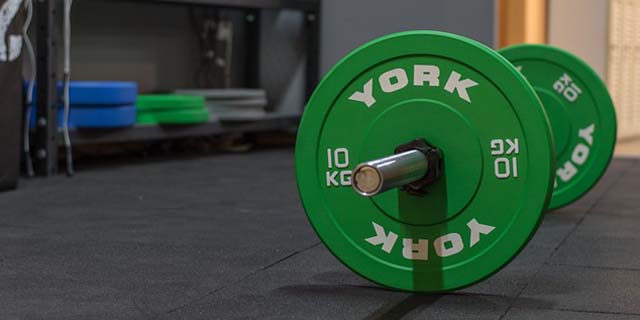
Advertising space for rent
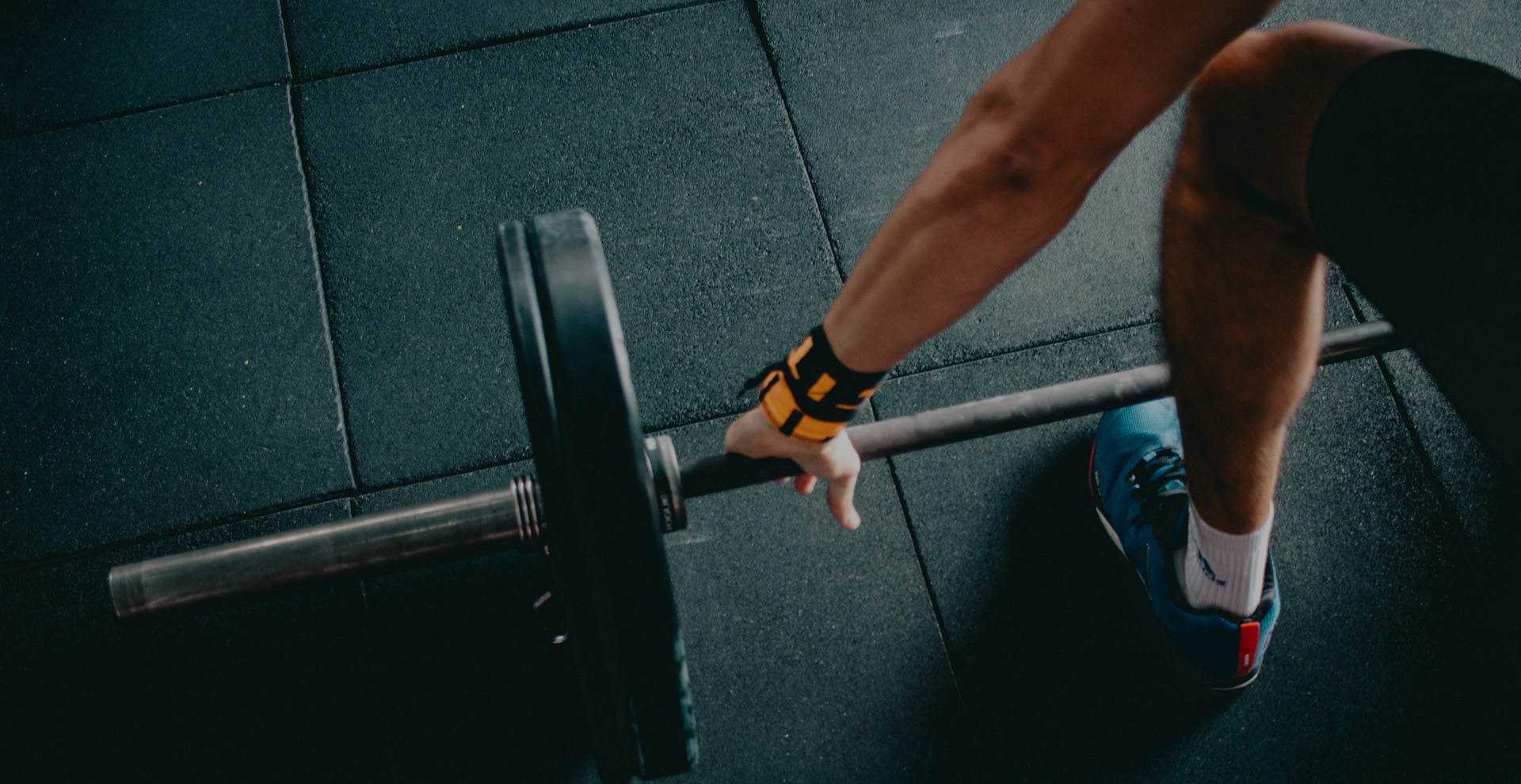
FAQ
- Fitness equipment refers to tools and devices used to enhance physical activity, including machines, weights, and accessories designed for exercise.
- Common fitness equipment includes treadmills, stationary bikes, dumbbells, kettlebells, resistance bands, and yoga mats.
- Choose equipment based on your fitness goals, available space, budget, and the type of exercises you enjoy (cardio, strength training, etc.).
- Cardio equipment like treadmills and bikes is used for aerobic exercise, while strength training equipment like dumbbells and machines is used to build muscle.
- Yes, home fitness equipment can be very effective when used consistently and combined with a well-designed workout plan.
- Proper form prevents injuries and ensures that you’re targeting the right muscles and getting the most benefit from your workout.
- Yes, many types of fitness equipment, such as rowing machines or total-body machines, offer full-body workouts when used correctly.
- Functional fitness equipment, like kettlebells and medicine balls, helps improve strength, balance, and flexibility for real-life movements and activities.
- Regularly clean, lubricate moving parts, and check for wear and tear. Follow manufacturer instructions for maintenance to extend the life of your equipment.
- Resistance bands, dumbbells, kettlebells, and compact cardio equipment like folding treadmills or stationary bikes are great options for small spaces.
- Resistance bands are used for strength training and flexibility exercises, providing variable resistance to enhance muscle engagement.
- While not necessary, having gym equipment at home provides convenience, allowing you to work out whenever you prefer.
- Start with a weight that allows you to perform 8-12 repetitions per set with good form. Gradually increase weight as you gain strength.
- HIIT (High-Intensity Interval Training) equipment is designed for short bursts of intense activity, like battle ropes, kettlebells, and jump ropes.
- Aerobic equipment, like treadmills and ellipticals, supports endurance training, while anaerobic equipment, like weights and resistance bands, is used for strength and power exercises.
